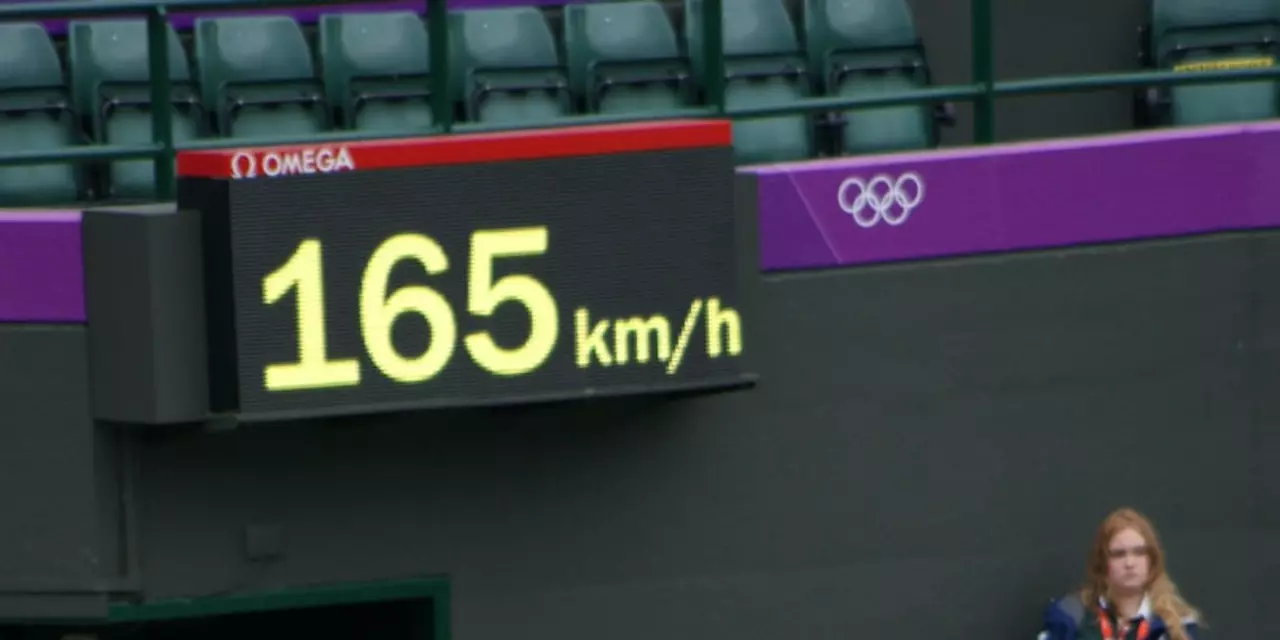Exploring the Pros and Cons of Guaranteed Contracts in Professional Sports
Guaranteed contracts are a hot-button issue in professional sports, with some arguing they are essential for players to have a sense of financial security while others claim they create an unfair environment for teams. But what exactly is a guaranteed contract? And which professional sports leagues offer them?Put simply, a guaranteed contract is one in which a team and player agree to certain terms in advance, and the team is obligated to pay the player regardless of the outcome. This type of contract is common in the major professional sports leagues. The National Football League (NFL), Major League Baseball (MLB), National Basketball Association (NBA), and National Hockey League (NHL) all offer guaranteed contracts to their athletes.
However, guaranteed contracts can come with both advantages and disadvantages for players and teams alike. On the plus side, players are given the assurance that they will receive a certain amount of compensation regardless of the outcome of their performance. This can be particularly beneficial to players who may have injury-prone careers or who experience a sudden drop in their performance.
On the downside, guaranteed contracts can limit a team’s ability to make strategic decisions. Teams may be obligated to pay a player even if they are no longer producing at the level they once did, thus tying up an unnecessary amount of financial resources. Additionally, players can become complacent if they know their contract will be honored no matter what.
Overall, guaranteed contracts can be beneficial for both players and teams. However, it’s important for teams to carefully consider the pros and cons before entering into a guaranteed contract with any player.
An Overview of the Most Popular Professional Sports with Guaranteed Contracts
Professional sports have become a multi-billion dollar industry and as such, have become increasingly competitive. As teams battle for the best players, some have found ways to ensure their stars stay with them for the long haul. One such way is through the use of guaranteed contracts, which guarantee a player a certain amount of money for a certain period of time.The most popular professional sports with guaranteed contracts are the National Football League (NFL), the National Basketball Association (NBA), the National Hockey League (NHL), and Major League Baseball (MLB). Each of these leagues offer some form of guaranteed contracts to their players.
In the NFL, teams can offer contracts that guarantee up to three years of salary and bonuses. This ensures that players will remain with the team for the duration of their contract. NFL contracts also have a variety of incentives and bonuses that can be negotiated, such as signing bonuses and performance bonuses.
In the NBA, teams can offer guaranteed contracts of up to five years. These contracts are longer than those offered in the NFL, but they also come with more restrictions. For example, NBA players can only be released from their contracts if they fail to meet certain performance requirements.
In the NHL, teams can offer guaranteed contracts of up to seven years. Like the NBA, these contracts come with a variety of restrictions, such as performance requirements and salary caps.
In MLB, teams can offer guaranteed contracts of up to ten years. These contracts are the most restrictive of all the professional sports, and they come with the most stipulations. MLB players are also not allowed to negotiate any bonuses or incentives beyond what is already included in the contract.
Overall, these professional sports leagues offer a variety of guaranteed contracts to their players. These contracts ensure that the athletes are taken care of and that they remain with the team for the duration of their contracts.
Examining the Impact of Guaranteed Contracts on Professional Sports Team Performance
When it comes to professional sports, the presence of guaranteed contracts can have a major impact on the performance of teams. A guaranteed contract is a contract that binds a team to a player for a specified length of time, regardless of the player’s performance. For example, a professional basketball player may have a contract that is guaranteed for four years, regardless of whether or not he or she plays well or meets expectations.Guaranteed contracts can be advantageous for teams in that they can help ensure that their best players remain with the team. This can create a more stable environment, where players are more likely to stay and develop relationships with their teammates and coaches. This stability can then lead to improved team performance and success.
However, guaranteed contracts can also have a detrimental effect on team performance. By guaranteeing a player’s contract, the team is essentially locked into paying that player regardless of their performance on the field. This can lead to teams paying large sums of money to players who are not playing well and not seeing a return on their investment. Additionally, the presence of guaranteed contracts can limit a team’s ability to sign free agents or make trades, as the team may not have the financial flexibility to do so.
Ultimately, the presence of guaranteed contracts can have both positive and negative implications for team performance. However, it is important for teams to weigh the pros and cons of guaranteed contracts and decide if they are worth the investment. By taking the time to evaluate their team’s situation, teams can ensure that they are making the best decisions possible to help their team succeed.


Write a comment